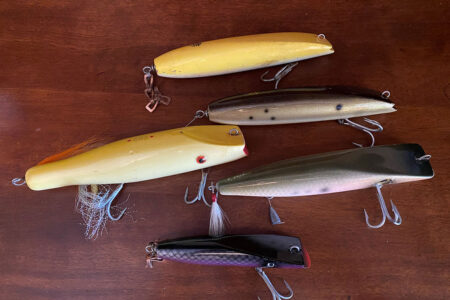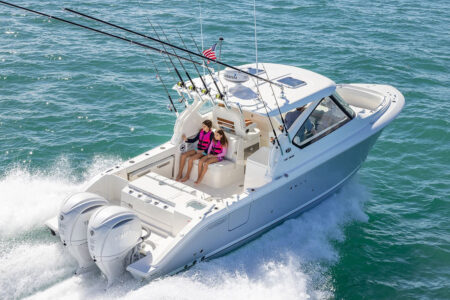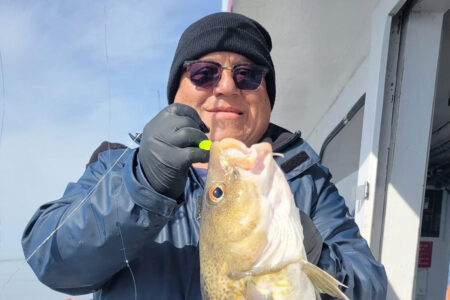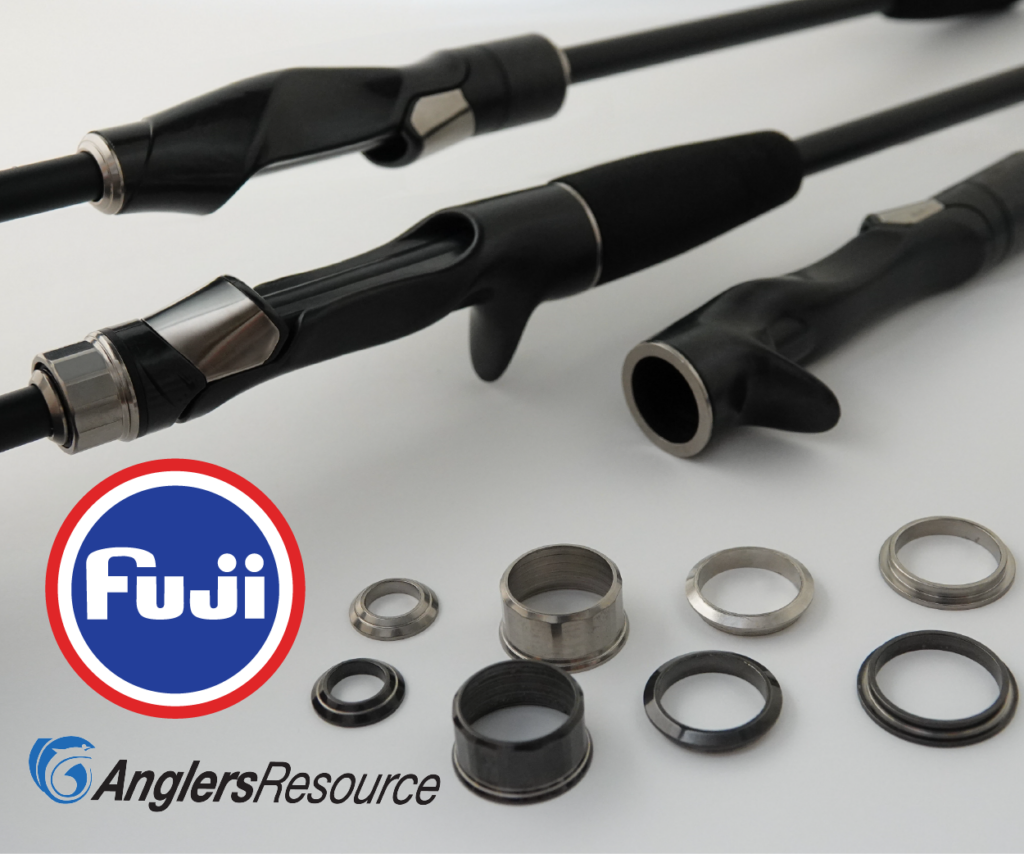It is a generally accepted rule that the more time one spends completing a given task, the better they will become. The old adage, “practice makes perfect” holds true far more often than not. So, how much practice is required to “make perfect”, and is an expert perfect?
If you have not heard of it, the “10,000-Hour Rule” came about from the works of Anders Erricson and was further addressed by author Malcolm Gladwell in his book, Outliers. In a paper written by Erricson in 2000, he stated, “The term expert is used to describe highly experienced professionals such as medical doctors, accountants, teachers and scientists, but has been expanded to include any individual who attained their superior performance by instruction and extended practice: highly skilled performers in the arts, such as music, painting and writing, sports, such as swimming, running and golf and games, such as bridge and chess.” He goes on further to reference the rule by saying, “…the critical difference between expert musicians differing in the level of attained solo performance concerned the amounts of time they had spent in solitary practice during their music development, which totaled around 10,000 hours by age 20 for the best experts, around 5,000 hours for the least accomplished expert musicians and only 2,000 hours for serious amateur pianists. More generally, the accumulated amount of deliberate practice is closely related to the attained level of performance of many types of experts…”
This idea has been applied to a great many individuals since this time who have achieved above and beyond the average participant in said sport and was applied to so-called expert fishermen in a discussion on the internet some time ago. That was where I first became aware of the theory, but I was unable to dig up the reference when putting together this editor’s log.
So anyway, back on track towards some sort of point. While I am not totally sold on this theory, I figured I would do some calculations to see what it would take to become an expert striped bass fisherman by these rules. To begin I will say that there will be several assumptions made in the following numbers as far as the amount of time that any one person can devote to their craft. For instance, a single person living out of a van will be able to devote more time to fishing than a person of equal abilities that has a family, job, mortgage, etc. So let’s start with the season, and say it lasts from May 1 until November 30. We are only talking serious time invested here, or as Erricson deemed it “deliberate practice,” so things like winter schoolie holdover fishing or teaching your significant other how to fish will not be included.
So over that seven-month period we have 31 weeks, and we’ll say the expert-in-training is shooting for an average of four trips per week; this makes 124 trips on the year. Now we’ll say the average outing lasts five hours, which equates to 620 hours per year actually fishing. Since the original theory allows for practice, we’ll say that both in season and off season practice (reading, scouting, talking with like-minded individuals, attending seminars, etc.) can be added into the total. I will use my own personal experiences to calculate this figure and I would say on average I spend at least one hour per day “practicing” the art of fishing for striped bass; this adds another 365 hours to our calculation for a grand total of 985 hours per year. So, after 10.15 years one could, assuming they agreed with the 10,000-Hour Rule, achieve the status of expert striped bass fisherman.
Well, I don’t know about you, but I have a long way to go to achieve such status if it is even attainable, so I’ll have to accept the title of padawan for now. Here is to another 600-plus hours in 2020!





